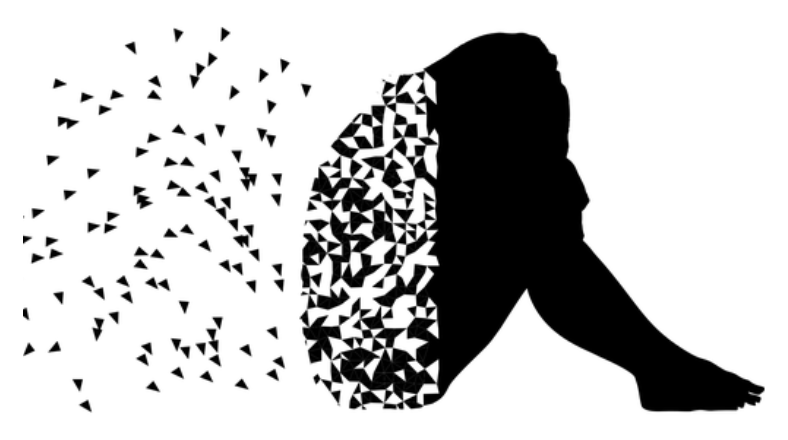A Fight Within: Potential New Therapy for Mental Illness
December 15, 2022
Mental illness has become a rampant problem in America in recent years. Ailments such as anxiety, depression and stress disorders are slowly becoming a reality for most. According to Banyan Mental Health, rates of depression increased by 52% nationwide among adolescent populations in the past two decades. Especially with the current pandemic and former lockdowns, access to therapy and treatments was highly limited. Most people were left to suffer on their own with an added burden of a ravaging virus and struggling economy.
The biggest obstacle those in search of mental health care face are lacking finances; this factor contributes to the overall diminishing accessibility of this sector of healthcare. It has been reported by NAMI that many insurance companies still do not cover the necessary resources needed by those who suffer from mental disorders. These treatments are extremely costly so paying out of pocket is virtually impossible for many people.
According to the APA, those who are able to afford treatment are more likely to put their patients dealing with anxiety or depression on medication; providers prefer invasive treatments over superficial ones such as counseling or therapy. Though there are some individuals whose symptoms are so severe that therapy is not even considered, the same attitude should not be reflected towards those with low to mild presentations of mental illnesses.
The medications used to treat such disorders are significant as they interact with the chemicals in the brain. Though these treatments have been tested and results validated, many antidepressants and anti-anxiety medications have side effects of varying severity. As stated by the NHS, these side effects include excessive weight gain, shakiness, muscle twitching, psychosis, insomnia, headaches, mood swings, arrhythmia, etc. Although these side effects are not present in every person on such medication, there should be more treatment options in place for those lacking finances or for varying physiological reactions.
According to Harvard, there has been ongoing research for a new, non-invasive treatment for anxiety and depression: mindful meditation. Mindful meditation is a method that helps one to slow down their thoughts and enter a realm where they can strip away any negativity to calm their mind. This allows for a change in the manner in which the brain reacts to stress and anxiety. Techniques for mindful meditation include deep breathing and reflecting upon the events of the day. The whole point of mindful meditation is to change the way the human mind perceives hard situations and stress/anxiety stimuli. This change in mindset would not allow these occurrences to be burdens on the soul, but building blocks to grow and reach full potential.
Although this method of therapy is fairly new and is still being researched, it is a step in the right direction. Though this may not be an option for those with severe symptoms, mindful meditation might be a healthy alternative to medications for those with low to mild symptoms. As the research regarding mindful meditation advances with time, a new type of treatment can enter the mental health sector.































